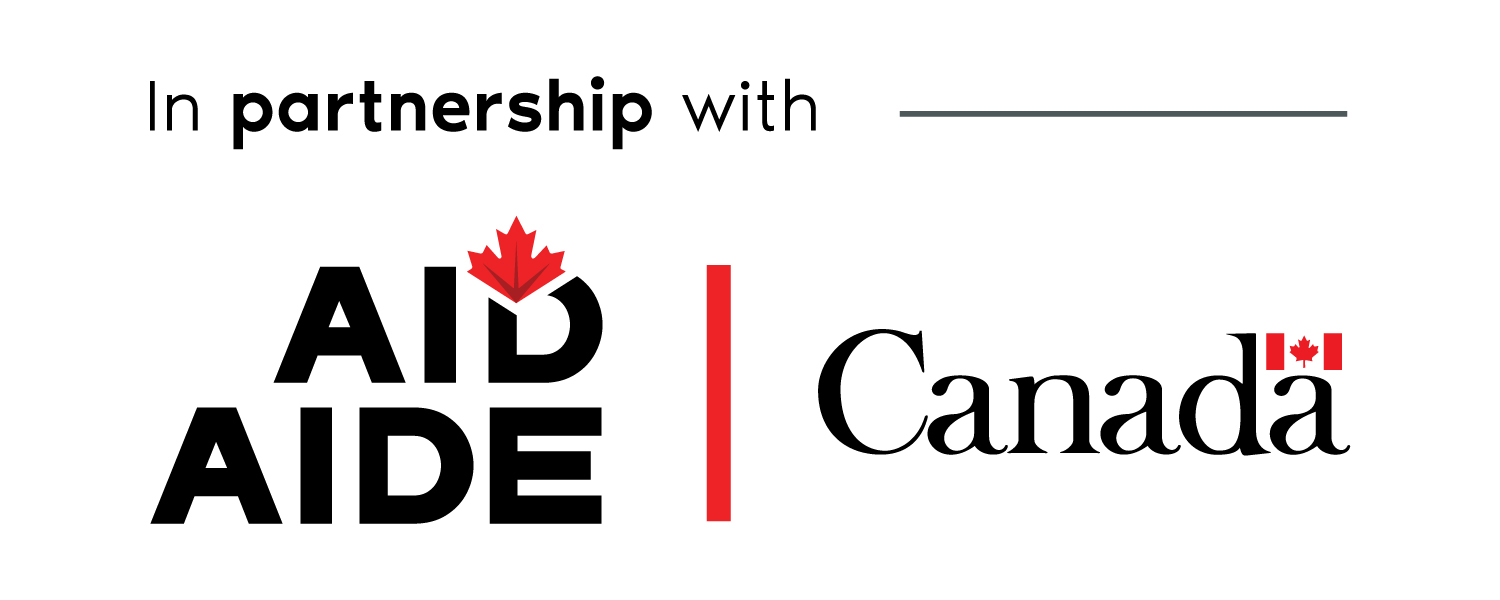Supporting women’s rights
While grassroots organizations play an important role in advocating for women’s rights, their resources are often very limited. These organizations need funding to continue their important work and broaden their reach. A project led by Oxfam-Québec in Benin, Burkina Faso, Colombia, Honduras, Morocco and Tunisia aims to support them.
PROJECT: ” Women’s Voices and Leadership “
450,000 people supported
(68% women)
Benin, Burkina Faso, Colombia, Honduras, Morocco and Tunisia
2019-2024
(5 years)
In Benin, Burkina Faso, Colombia, Honduras, Morocco and Tunisia, this project will enable 410 local organizations to:
- Amplify women’s voices in the public space
- Better collaborate by strengthening local, regional and national alliances
- Advance women’s rights advocacy
- Gain stability through financial support
“Women’s Voices and Leadership is extremely promising. Currently, available funding is usually thematic, short-term and quite limited, which restricts local organizations’ ability to act. This program, however, provides direct, multi-year funding to help women’s organizations bolster the impact and scope of their activities. The program is also responsive enough to support ad hoc projects. This is truly innovative!”
Promote alliances between women’s movements in Benin and Burkina Faso
In both countries, the situation of women and girls is quite similar and worrisome. Beninese and Burkinabé women are targeted by acts of violence and participate little in political decision-making. They also face a lack of access to sexual and reproductive health services.
By including two neighbouring countries in the same project, the objective is to encourage exchanges between movements that defend women’s rights throughout the region. In particular, the project will:
Direct contribution to the recognition and exercise of the rights of 28,000 people
Support from 25 women’s rights organizations
Support for the development of 5 to 7 initiatives per country to test different approaches
Ensure the voices of rural Colombian women are heard
In recent years, there has been an increase in attacks on women rights activists and women involved in peace processes. In addition to endangering women’s lives, this violence exerts significant social control and limits the full exercise of rights, especially in rural areas.
And while women are better educated than men, they have fewer opportunities to work and earn lower wages. Moreover, among rural, indigenous and Afro-Colombian women in particular, poverty and violence combined do the most damage.
In addition to supporting local organizations, trainings, public awareness campaigns and mentoring are planned. Among other things, the project will:
Direct contribution to more than 16,000 rural, indigenous, Afro-Colombian and LGBTQ women
Support for 15 organizations and 2 national women’s rights networks
Bolstering the power of women and girls in Honduras
The country is particularly marked by insecurity, corruption and a strong macho culture. Honduras also holds one of the highest levels of femicide
(women murdered because of their gender). In addition, women face many obstacles to participating in public life, both in terms of making their voices heard and exercising their right to vote.
In Honduras, the economic effects of COVID-19 are very striking, as the informal sector accounts for more than 58% of employment. And women make up the largest share. Many women have lost their livelihoods, with no support network and no way to replace their daily income.
In this context, training and activities have been adapted to virtual media accessible to all. In one year, the project allowed :
Support for over 12,000 women
Support for 8 local and national organizations
Combatting sexist stereotypes in Morocco
Although the Moroccan government has adopted several plans to promote women’s rights, conservative interpretations of the law perpetuate stereotypical attitudes, thereby perpetuating unequal and oppressive structures.
These difficulties are also part of a context of reduced space for civil society in Morocco. Indeed, some international NGO leaders have been expelled, journalists and activists have been imprisoned, and some human rights organizations have been obstructed in their activities.
Despite the context, several projects continue to promote gender equality and the Moroccan women’s movement has won several struggles. However, organizations are struggling to renew their base, particularly to attract younger activists. To address these challenges, the project aims to:
5,000 people reached through campaigns and reactive actions
Participation of nearly 1,000 people in training activities, roundtables and innovation spaces
Support for 70 local organizations
Supporting the advancement of women’s rights in Tunisia
Tunisia is the only country in the region where the “Arab Spring” of 2011 has led to the emergence of a democratic and peaceful society.
led to the emergence of a democratic and peaceful society. The revolution and its democratic transition process were an unprecedented opportunity to profoundly transform the country.
Women’s rights, which were taken for granted in Tunisia, were challenged in this process. But, thanks to the strong mobilization of civil society, they were followed and promoted.
Currently, there is a momentum for the advancement of women’s rights. However, the organizations face several challenges, including financial sustainability, human resource management, renewal of their base and structuring of networks. To address these challenges, the project aims to:
Direct involvement of more than 15,000 people (at least 60% of whom are women)
Strengthening the leadership skills of over 500 women and young women
To go further
Discover the answers to the most frequently asked questions about this project
Consult the offers of available mandates
Make a donation to support our projects

